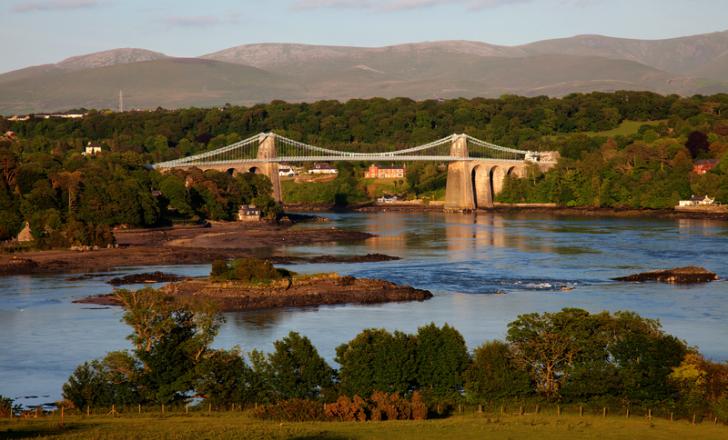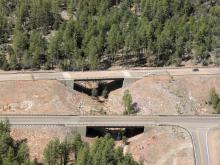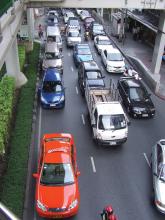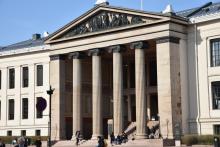
An unlikely duo, the Romantic poet Robert Southey and the great Scottish road and bridge builder Thomas Telford took to a horse-drawn carriage in 1819 to undertake a six-week tour of the Scottish Highland, visiting many of the roads, bridges and canals designed and built by Telford in the preceding 20 years. The trip was part of an annual parliamentary inspection of infrastructure, spurred on by growing government concern about the depopulation of the Highlands.
While the language of the official report is dry and clinical, Southey’s diary illustrates a growing appreciation of both the technical expertise and artistic design of Telford’s triumphs. As part of Gresham College’s lectures on engineering in the modern world, Pennsylvania State University’s Professor Paul Marriot explained how the incredible infrastructure developments during Telford’s lifetime transformed both attitudes to travel and to the landscape itself.
New roads and bridges opened up opportunities for comfortable, safe travel. For the first time, people explored rural areas purely for pleasure. Dramatic, mountainous landscapes, previously accessible only by tracks or military roads, lost their forbidding image and became popular tourist destinations.
Southey admired the romantic nature of Telford’s designs, noticing how his roads and bridges were immersed in the landscape. He began to see the roads and bridges as objects of beauty in their own right, concluding that they did actually enhance the natural environment. Understandably impressed by Telford’s Caledonian Canal, Southey was even more struck by the flexibility in building techniques afforded by modern materials. Telford’s bridges were ‘delicate’ rather than ‘muscular’, said Professor Marriot.
While Telford accepted the inevitability of financial constraints, Southey feared that cost-cutting would ultimately curb the engineer’s aesthetic focus. He urged that appropriate investment be made on the finer points of infrastructure design for posterity’s sake.
Telford never subjugated nature when he could work with it. Good design, he believed, required sensitivity towards the environment – something he considered more important for success than a huge budget. He was well-known for his attention to detail, his focus on quality control and his deep admiration for the craftsmen he worked with.
Professor Marriot pointed out that contemporary paintings portray the road as being available to all. Are we returning to this view of the road as the car loses status, he queried?
The men struck up a unique friendship but it seems the pair did not meet after the tour. Southey acquired a whole new perspective on the intrinsic beauty of sensitive engineering, admiring the way in which one brilliant road and bridge builder had been able to transform access for the many, as well as enhancing the environment. Did he envy the mild-mannered Telford his constructive life?
“Telford’s is a happy life, everywhere making roads, building bridges….”, mused Southey.
Gresham College, founded in 1597, was London’s first higher education institute. It continues to offer free lectures on diverse topics. The full lecture can be viewed online at https://www.gresham.ac.uk/watch-now/telford-highland
www.gresham.ac.uk










